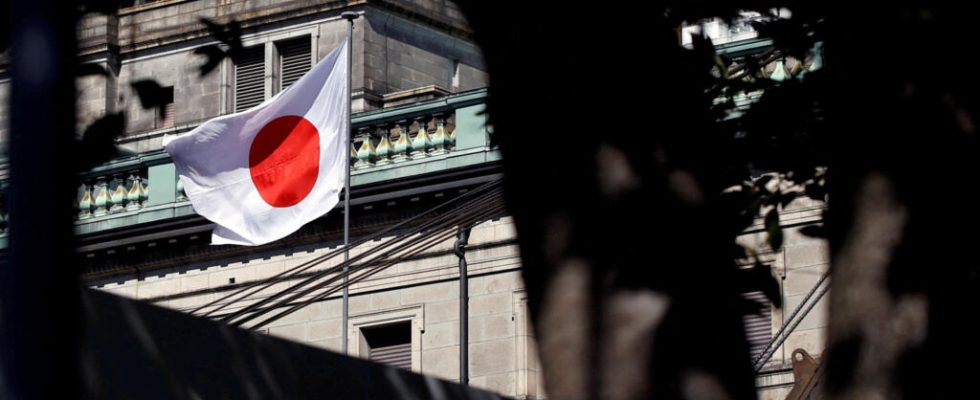Tuesday March 19, Japan experienced a historic Tuesday since for the first time since 2007, the Central Bank raised its key rate. For 17 years, the country has had negative interest rates to stimulate the economy, but now Tokyo believes this is no longer necessary. The archipelago would therefore be on the verge of turning the page on thirty years of deflation.
3 mins
The Bank of Japan will now apply a short-term interest rate between 0% and 0.1% compared to -0.1% until now. It notes a return of inflation, but intends to maintain accommodating financial conditions, because the economic recovery remains fragile in Japan.
Money cost nothing in Japan. The Japanese economy had been paralyzed for 30 years by deflation, the general fall in prices, following the implosion of its real estate and stock market bubble at the end of 1989. Not only did money cost nothing in Japan, but banking central has been practicing negative rates since 2016. Which amounted to subsidizing the banks which financed themselves through it, explains our correspondent in Tokyo, Frederic Charles.
But that is no longer the case. The Bank of Japan believes it has won its fight against deflation. Inflation is back, even if it is mainly imported: the weakness of the yen increases the prices of oil, gas and coal. Large companies are agreeing to significant wage increases due to the labor shortage caused by the aging and shrinking Japanese population.
However, the Bank of Japan cannot tighten its monetary policy. Rising bond yields would increase the cost of financing Japan’s huge public debt, which is two and a half times the size of its economy. But this end of negative interest rates in Japan could have an impact on financial markets around the world. Japanese investors who have accumulated investments abroad in search of returns could be tempted to repatriate their capital to the archipelago.
The Japanese’s concern about this rate hike
On the side of Tokyoites, opinions are divided and some are even worried about this rise in rates, reports our correspondent in Tokyo, Bruno Duval. “ If interest rates soar, I will feel it pass: my mortgage has a variable rate », explains this man. “ It’s not smart: it will cost more for companies that want to borrow to invest », Explains another.
For this other Tokyoite, “ Japan has just narrowly escaped recession, but for the government, everything is going well. This gap scares me a little “. A passerby also wonders if this change will have positive effects, “ this remains to be proven », she concludes.
The archipelago will not see its interest rates rise sharply, the authorities insist, to reassure the 76% of mortgage holders who have a variable rate loan as well as the countless households who live on credit due to the ‘inflation. Without forgetting that for thirty years, salaries have hardly increased in the country.
According to polls published on Sunday March 17, 87% of Japanese do not feel that their country’s economy is improving. And almost one in two Japanese fears that their personal situation will deteriorate in the months to come.
Read alsoIn Japan, historic salary negotiations that do not satisfy employees
